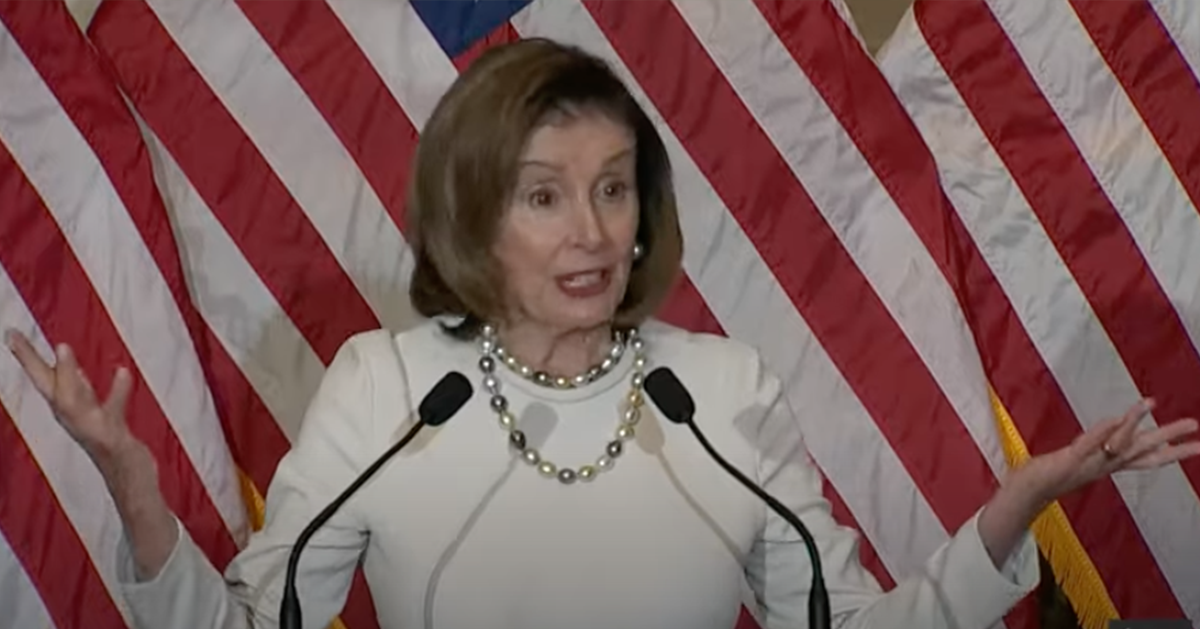Trump allies question federal judge's impartiality in clash over deportations
Amid rising tensions between President Donald Trump and the federal judiciary, U.S. District Judge James Boasberg finds himself at the center of a fiery political debate over the court's independence.
Boasberg, appointed to the federal bench by former President Barack Obama, is facing scrutiny from Trump and his allies regarding his rulings in key cases involving the administration, and the conflict has intensified amid calls for the jurist's impeachment, as Fox News reports.
As chief judge of the U.S. District Court for the District of Columbia, Boasberg has faced criticism from the Trump administration and its supporters who have publicly questioned his impartiality.
The roots of this controversy are planted in several significant rulings Boasberg has made against initiatives from Trump's White House, including a notable decision to halt deportations of certain immigrants deemed to have ties to violent gangs.
Chief Justice Roberts Enters Dispute
Trump took to Truth Social to call for Boasberg's impeachment, provoking a vigorous response across the political and judicial landscape. The president's posts accused Boasberg of bias and questioned the fairness of his rulings.
The political theatre surrounding these statements escalated when U.S. Supreme Court Chief Justice John Roberts responded to the impeachment calls with a public defense of judicial independence.
In his statement, Roberts referenced what he said was the established principle that impeachment should not be used in response to controversial judicial decisions. Instead, he pointed to the appellate system as the appropriate mechanism for reviewing legal disputes, reinforcing a long-standing tenet of judicial protocol.
Mike Davis, a prominent supporter of Trump's legal stance, further stoked the controversy by critiquing Roberts' role in appointing Boasberg to a prestigious court position. Davis's remarks underscored Boasberg's previous appointment to the Foreign Intelligence Surveillance Court and alleged bias stemming from his educational ties with Justice Brett Kavanaugh at Yale.
Boasberg's Judicial Career Under Microscope
Boasberg's critics are particularly vocal about what they see as a pattern of partisanship tied to his educational and professional networking. However, accusations of impropriety surrounding specific case assignments have been rebutted by Boasberg himself, who explained the random nature of such processes in the courtroom.
The judge has also been thrust into the limelight due to his assignment to a case involving a leaked Signal chat pertinent to the Trump administration. Concerns about fairness in case assignments have added another dimension to the ongoing dispute.
Boasberg’s judicial decisions, especially those appearing to favor policy actions initiated under previous administrations, have drawn the ire of Trump's allies. They argue that his rulings represent an ideological confrontational stance towards the Trump-led government.
Allegations, Assertions Escalate
Emboldened by the vocal backing of high-profile conservative figures, Trump continued his tirade on social media, decrying what he perceives as a left-leaning judiciary obstructing his policy goals and obstructing justice. In one of his Truth Social posts, Trump reiterated his belief that judges like Boasberg would prevent meaningful actions against dangerous criminals.
As the conflict unfolded, supporters rallied behind both the president's stance and the judiciary's standing. Observers have noted that while judicial criticism is not unprecedented, the current situation highlights the tensions between the executive branch and the judiciary in stark terms.
Nevertheless, Roberts' intervention attempted to demarcate political disagreements from judicial accountability, emphasizing the judiciary's autonomy in interpreting the law. His statement served as a rare public mediation to cool tensions.
Saga of Political, Judicial Tensions Continues
The fallout from this controversy underscores the ongoing tensions between different branches of the U.S. government, where political and judicial lines blur in high-profile cases. The central debate about judicial independence puts Boasberg’s rulings and impartiality to the test in the court of public opinion as well as within the judiciary itself.
Meanwhile, as Boasberg continues to preside over cases involving significant political figures and contentious issues, the scrutiny of his decisions persists. Both his critics and defenders are closely watching subsequent legal decisions and their implications.
The judicial landscape remains embattled as divisions over the role of federal judges continue to foment within political discourse.
This confrontation between a sitting president and a federal judge exemplifies the challenges and complexities in maintaining the independence of the judiciary amidst political adversity.




